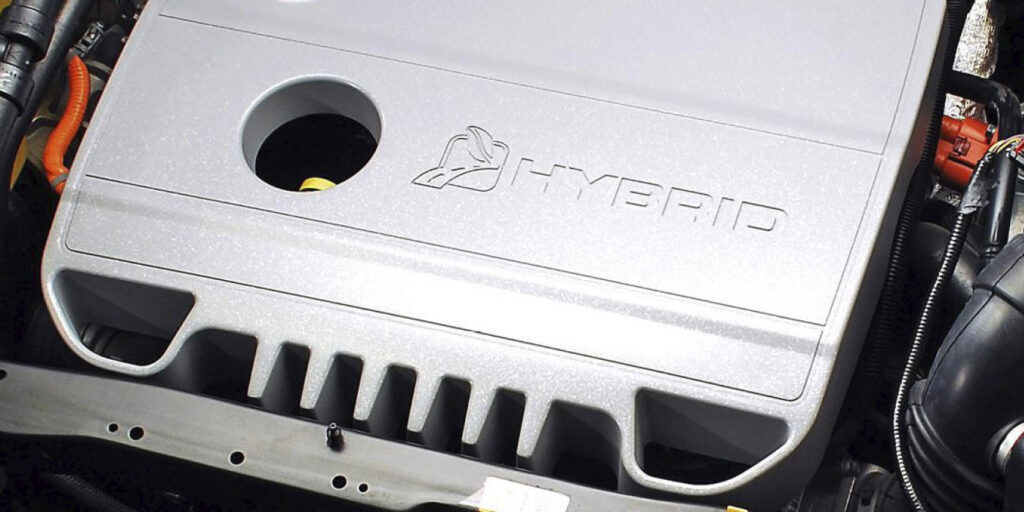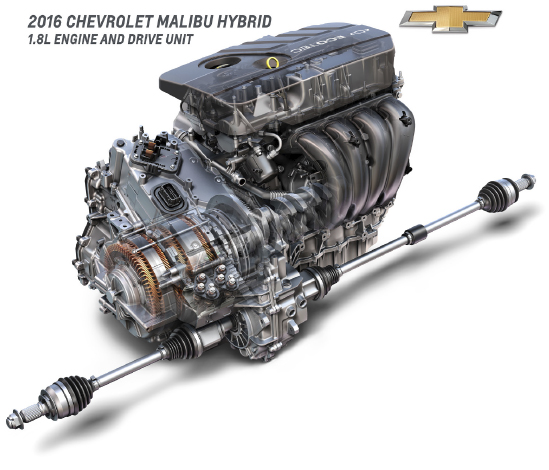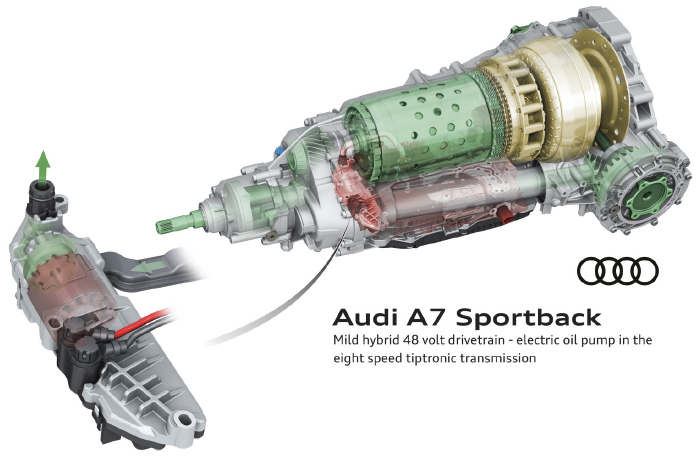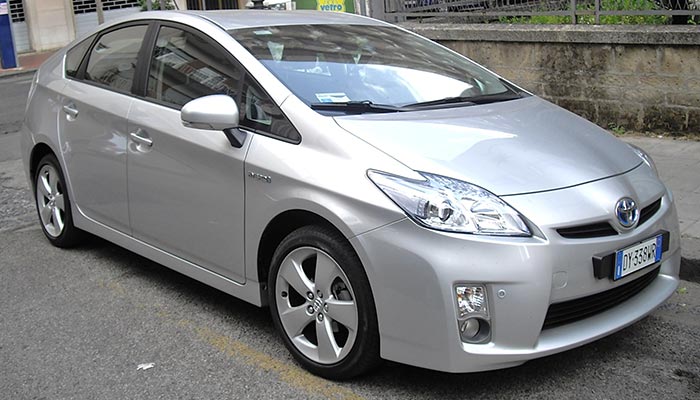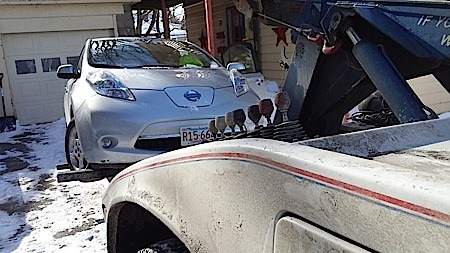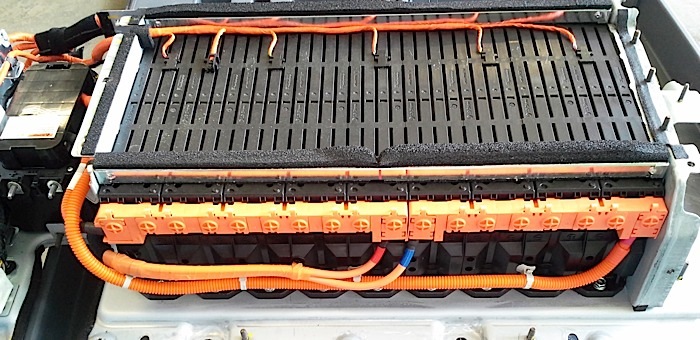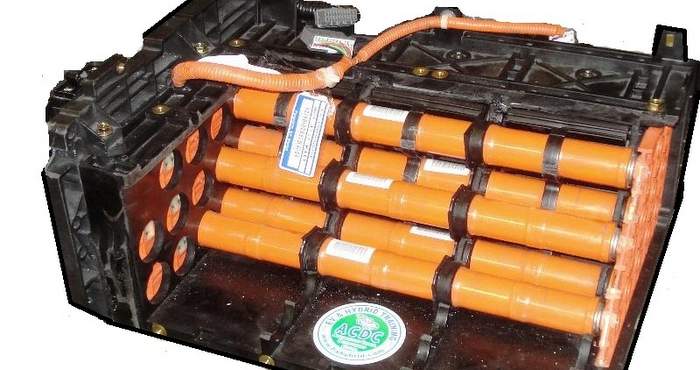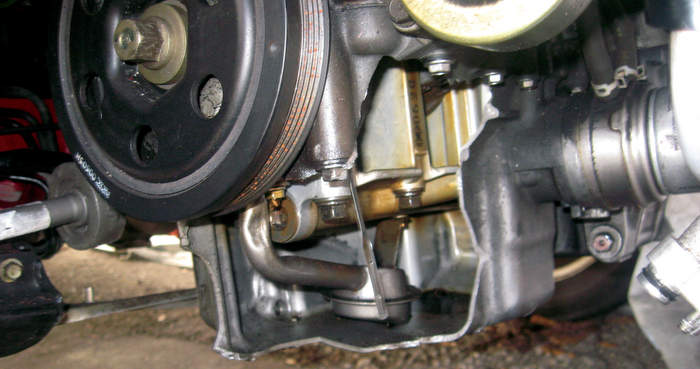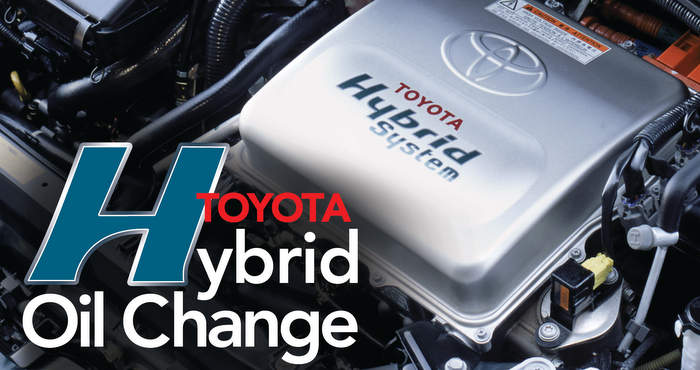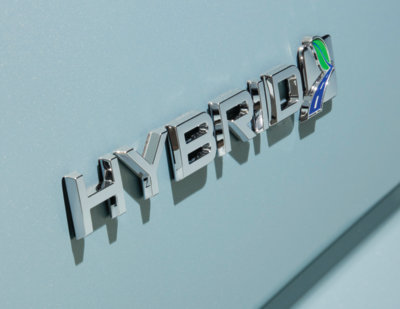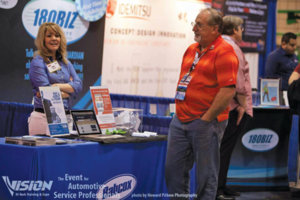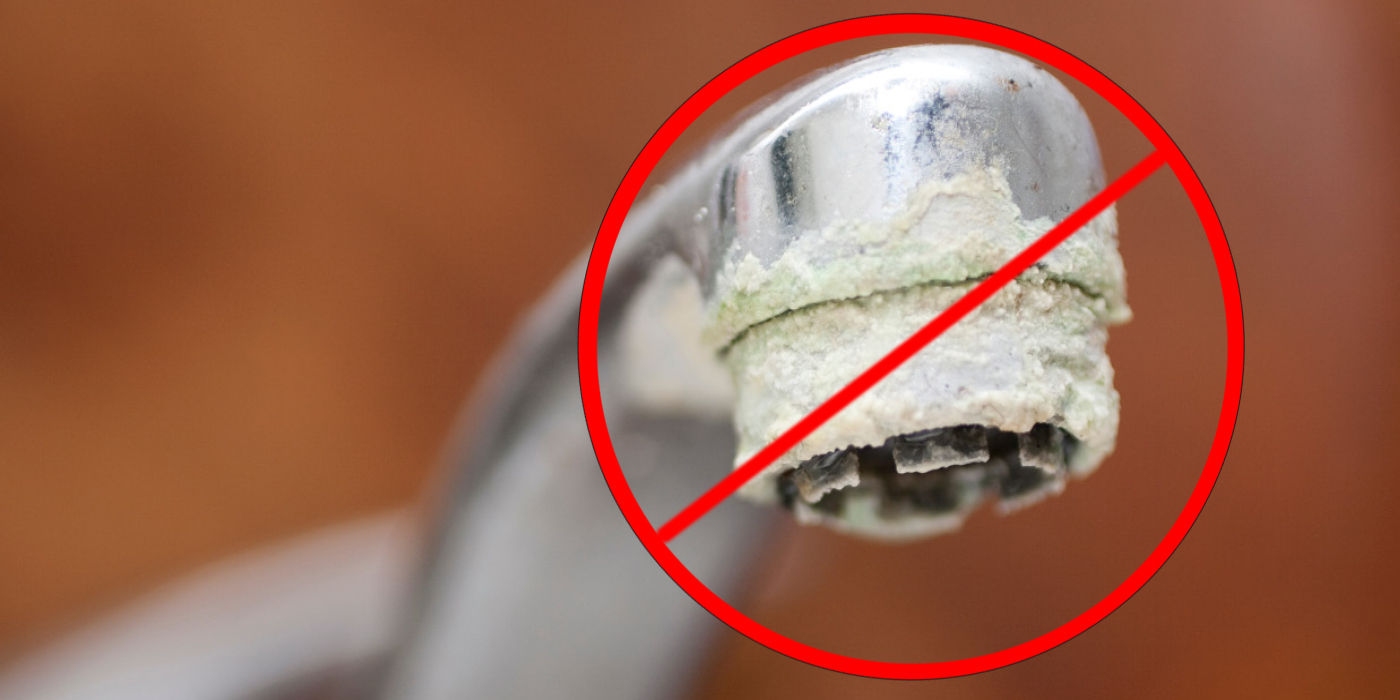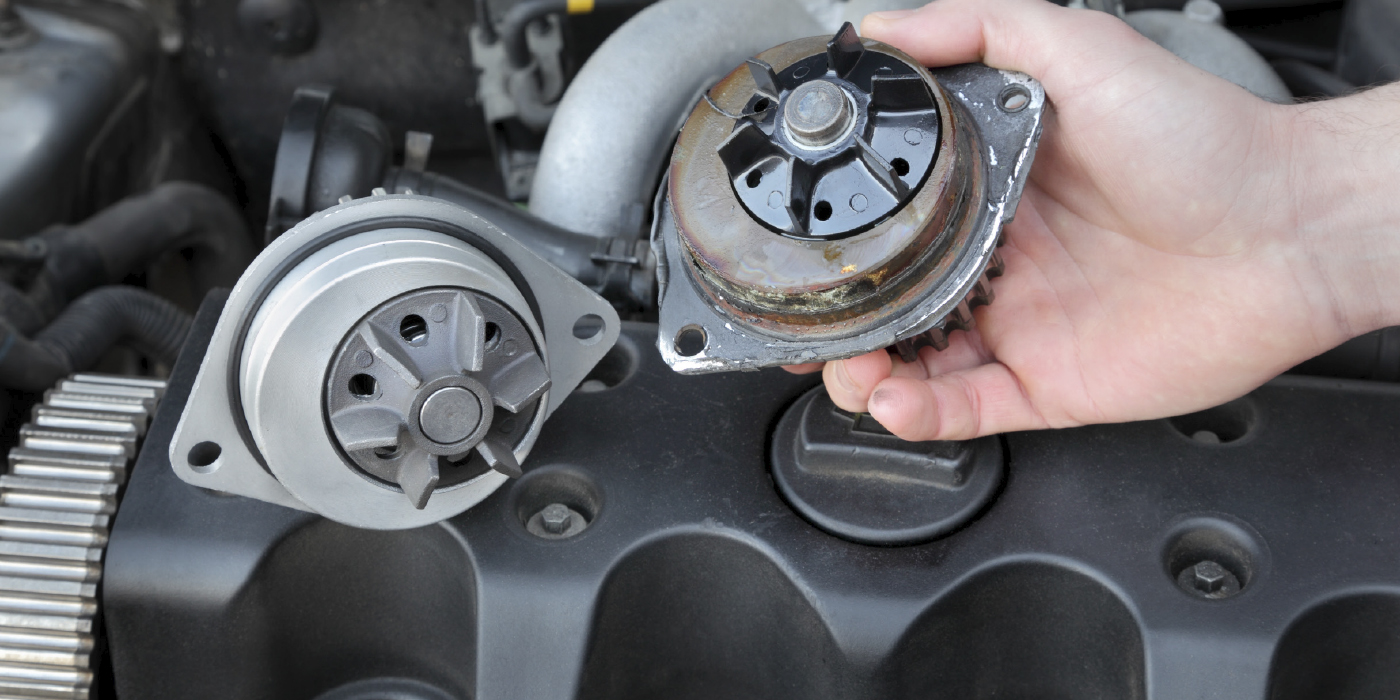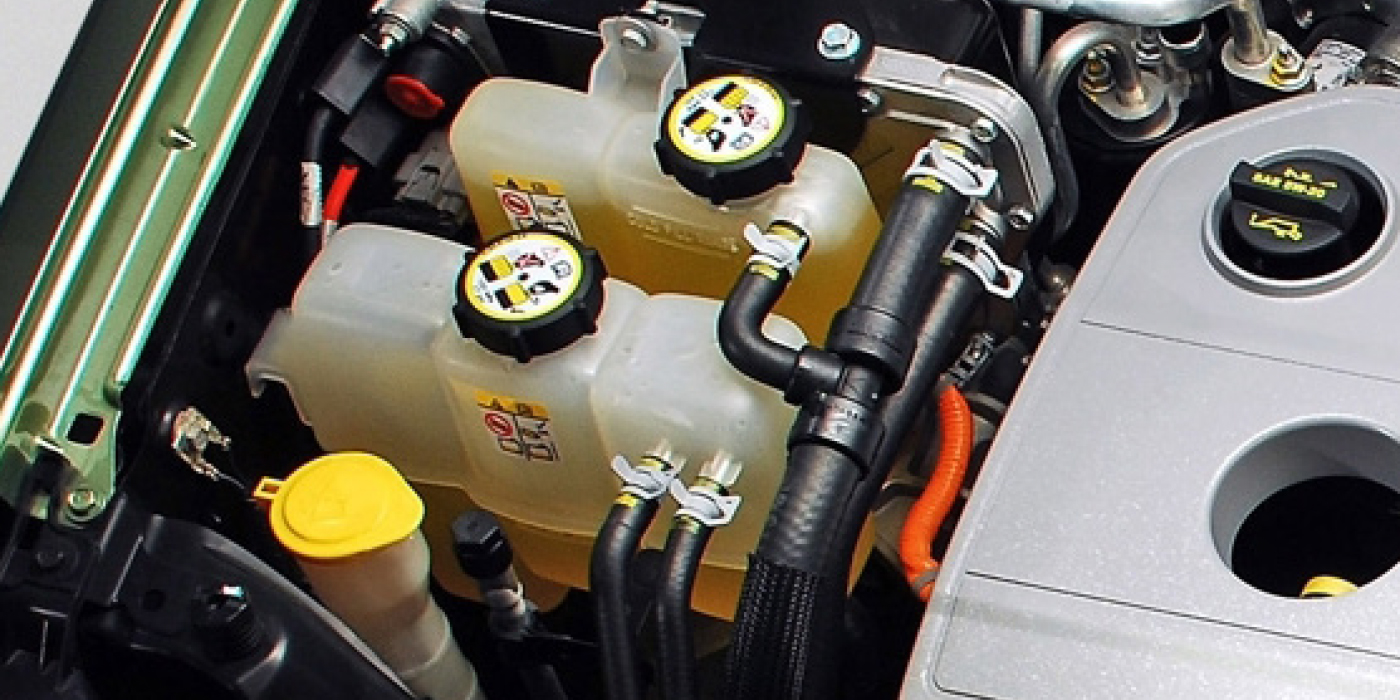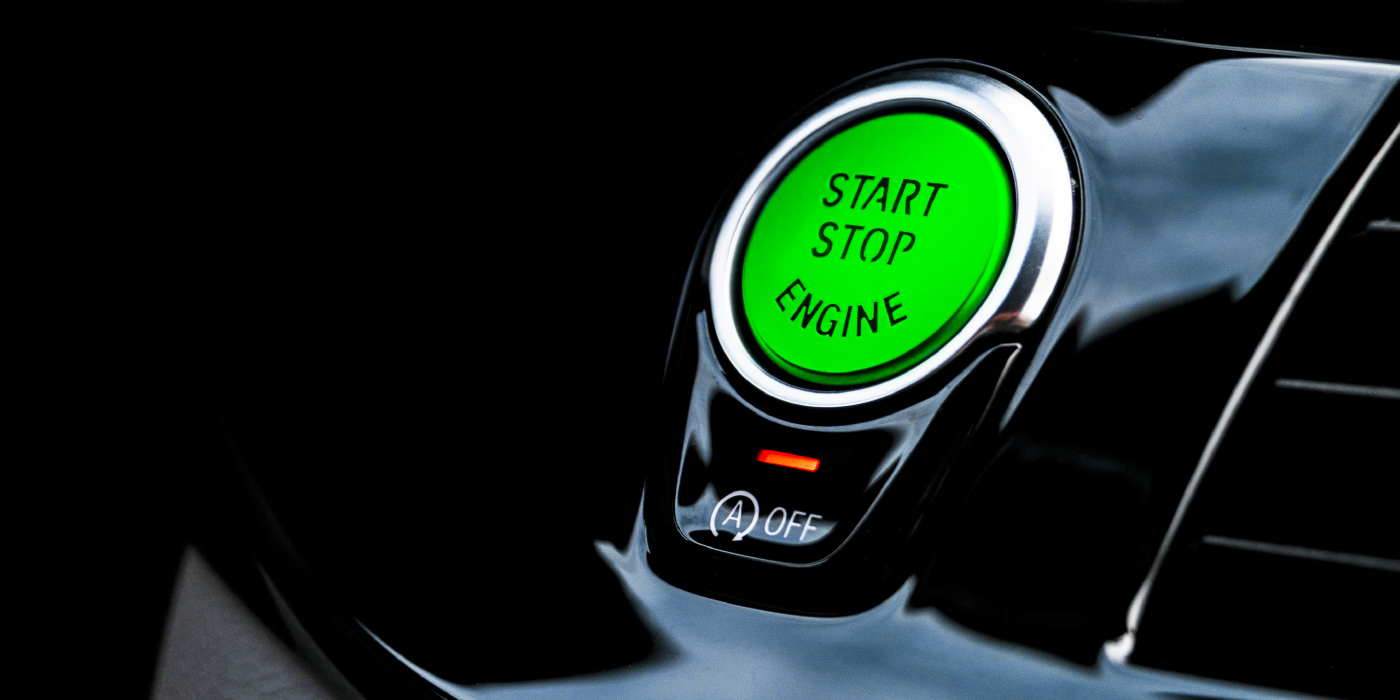Does the phrase “hybrid fluid maintenance” scare you? It shouldn’t. With more than 3 million hybrids on the road, and many of your customers considering purchasing one, servicing hybrid vehicles is in your future.
Some special procedures must be followed when working on a hybrid. Most dual-mode hybrids do not use a conventional starter attached to a bell housing. Instead, they use one of the motor/generators to start the engine. This allows the gas engine to start smoother and fast. During extended idling, like at stoplights, the engine will shut down. When the driver hits the gas, the electric motors will propel the car forward and start the engine, if required. The hybrid system will also use the engine to charge the batteries and operate the cooling systems to reduce battery temperatures.
This behavior can show up in the bay during service if certain precautions are not taken. The engine could start in the middle of an oil change or the electrically driven A/C compressor could turn on during a recharge.
Don’t take chances. Always check the service information for the disable procedures. Some vehicles may require that the key be a certain distance from the vehicle. Others may require a scan tool to disable certain functions. Never assume that one model year of a hybrid is the same as the next. Many manufacturers made sweeping changes due to improvements in software and hardware.
Engine Oil
Oil changes may not be needed as often with a hybrid because the engine runs less during low speeds and stop-and-go driving, but the oil still needs to be changed (refer to the vehicle manufacturers’ oil change interval recommendations).
Always use premium engine oils for these vehicles. Some late-model hybrids call for 0W-20 or 5W-20 weight motor oil. Not using the correct weight will damage the top end of the motor.
Starting an engine is the greatest cause of wear on any engine, and hybrids regularly shut down and restart the engine more than a conventional vehicle. GM’s Dexos Gen 2 licensed oils are formulated so the oil will stick to engine surfaces.
Transmission Fluids
In all hybrid automatic transmissions, transmission fluid does not come in contact with the motor drives. On the Prius, the CVT part of the transmission is sandwiched between the two motor/generators. In the first-generation Prius, there were rare reports of the transmission fluid leaking into the electric motor case and damaging insulation. Any leak or loss of fluid should be taken seriously.
Some models will require a CVT-specific transmission fluid, while others will require a specific grade of fluid that could be compatible with conventional transmission fluid specifications.
Pay attention to the Mercon and manufacturer grades. For example, Mercon V is not the same as Mercon LV, which has a different viscosity. Check the container or ask your supplier if a fluid is compatible before you put it in the transmission. Never take specifications for granted — some Ford Fusion hybrids call for a Toyota/Aisin grade of transmission fluid.
Cooling Systems
Most hybrids have a separate cooling system for the inverter and electric motors/generators in the transmission case. These typically have their own electric pump, heat exchanger and special coolant. On the Fusion, Escape and Prius, there are two coolant reservoirs under the hood.
Always make sure the fluid is at the correct level. Most manufacturers recommend flushing and filling the system when the engine’s cooling system is serviced.
Power Steering
Bad news: Hybrids do not have conventional hydraulically assisted power steering due to the requirement that the system needs to operate with the engine off. Most hybrids use electric power steering that do not require hydraulic fluid.
One exception is Nissan. Nissan hybrids use an electro-hydraulic system that uses a pump connected to an electric motor. The fluid is E-PSF specific.
Air Conditioning
Some hybrid vehicles use air conditioning compressors that are operated by an electric motor instead of a drive belt. The motor’s insulated windings are immersed in the compressor’s lubricating oil. The oils used in these compressors have high dielectric (non-conductive) properties.
If a different type of oil somehow makes its way into one of these compressors, and if the insulation on the windings is damaged or compromised, a variety of problems may occur.
The greatest risk is that the oil may conduct high voltage to the compressor case or connected components. A person may receive an electric shock if they touch the compressor, engine, etc., and an appropriate ground.
On the second- and third-generation Civic Hybrids, a combination belt/electric drive and A/C compressor is used and requires a special insulating compressor oil: Sanden SE-10Y (P/N 38899-RCJ-A01).
The A/C compressor works in conjunction with the engine’s idle stop system to keep the A/C going if the engine shuts off when the vehicle is stopped. Normally, the engine stop system will kill the engine momentarily when the vehicle comes to a halt after being driven at 7 mph or faster.

